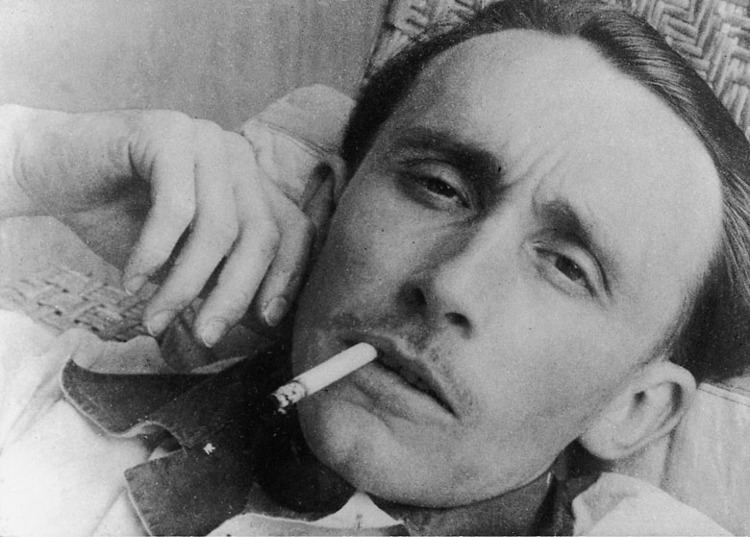André Bazin (1918-1958) was a French film critic and theorist, known for writing in the film magazine ‘Cahiers du cinéma’ (Notebooks on Cinema) from 1951 until his death in 1958. Afterwards, a four volume anthology entitled ‘Qu’est-ce que le cinéma?’ (What is Cinema?) was published posthumously, a work that exhibited his theories of realist and expressive cinema. At its core, his main argument stated that realism is the most important function of cinema. He argued that filmmakers should not manipulate the viewer’s thoughts, feelings or attention but instead leave it up to the individual spectator’s interpretation. Opposing the film theory of the 1920s, Bazin called for objective reality, deep focus and a lack of montage to be conducted throughout filmmaking.

Bazin viewed cinema as an “idealistic phenomenon” first and foremost, sidelining its commercial and technical value. Categorising the early pioneers of film – such as the Lumiere brothers – as merely “industrialists”, he strongly believed that the idea preceded the invention and is thus superior to the technical means to achieve it. Bazin believed that a camera’s ability to capture a duplication of reality placed cinema above both paintings and photos as art forms.
Through this, Bazin believed that cinema’s true purpose was to depict an ‘objective reality’. Utilising the techniques mentioned above, alongside a ‘true continuity’ through the use of mise-en-scène, cinema’s true potential was achieved in Bazin’s eyes. However, Bazin also remarked upon the fact that, as with any art form, the filmmaker should carefully select what they display to the viewer. He did not simply believe that films should display a never-ending, uninterrupted depiction of reality,
“Every form of aesthetic must necessarily choose between what is worth preserving and what should be discarded, and what should not even be considered”
André Bazin, What is Cinema?
Another important idea found within Bazin’s writing is his theory of the ‘invisible director’. Despite believing cinema to be a fully realist art form, Bazin additionally heralded the concept of the auteur – championing the idea that each director should possess a recognisable visual flair within their films. This seemingly contradictory belief can be rebuked by Bazin’s statement on direction found below. Through this, the viewer is able to engage with a particular auteur’s vision in their own individual way, rather than having a specific meaning forced upon them.
“It is the director that brings the film to life and uses the film to express their thoughts and feelings about the subject matter as well as a worldview as an auteur. An auteur can use lighting, camerawork, staging and editing to add to their vision.”
André Bazin